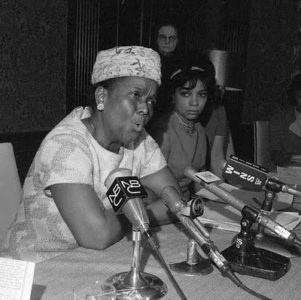
Ella Baker, speaking at the Jeannette Rankin news conference, January 3, 1968. Ruby Dee at right. (Jack Harris/AP Images.)
Ella Josephine Baker (Dec. 13, 1903 – Dec. 13, 1986) developed a sense for social justice early in her life. As a girl growing up in North Carolina, Baker listened to her grandmother tell stories about slave revolts. An enslaved woman, her grandmother had been whipped for refusing to marry a man chosen for her by the slave “owner.”
Baker studied at Shaw University in Raleigh, North Carolina. As a student she challenged school policies that she thought were unfair. After graduating in 1927 as class valedictorian, Baker moved to New York City and began joining social activist organizations. In 1930, she joined the Young Negroes Cooperative League, whose purpose was to develop black economic power through collective planning. Baker also involved herself with several women’s organizations. She was committed to economic justice for all people and once said, “People cannot be free until there is enough work in this land to give everybody a job.”
Ella Baker began her involvement with the NAACP in 1940. She worked as a field secretary and then served as director of branches from 1943 until 1946. Inspired by the historic bus boycott in Montgomery, Alabama, in 1955, Baker co-founded the organization In Friendship to raise money to fight against Jim Crow Laws in the deep South. In 1957, Baker moved to Atlanta to help organize Martin Luther King’s new organization, the Southern Christian Leadership Conference (SCLC). She also ran a voter registration campaign called the Crusade for Citizenship.
On February 1, 1960, a group of black college students from North Carolina A&T University refused to leave a Woolworth’s lunch counter in Greensboro, North Carolina, where they had been denied service. Baker left the SCLC after the Greensboro sit-ins. She wanted to assist the new student activists because she viewed young, emerging activists as a resource and an asset to the movement. Baker organized a meeting at Shaw University for the student leaders of the sit-ins in April 1960. From that meeting, the Student Nonviolent Coordinating Committee — SNCC — was born.
Adopting the Gandhian theory of nonviolent direct action, SNCC members joined with activists from the Congress of Racial Equality (CORE) to organize in the 1961 Freedom Rides. In 1964 SNCC helped create Freedom Summer, an effort to focus national attention on Mississippi’s racism and to register black voters. Baker, and many of her contemporaries, believed that voting was one key to freedom.
With Ella Baker’s guidance and encouragement, SNCC became one of the foremost advocates for human rights in the country.
Her influence was reflected in the nickname she acquired: “Fundi,” a Swahili word meaning a person who teaches a craft to the next generation. Baker continued to be a respected and influential leader in the fight for human and civil rights until her death on her 83rd birthday. [Adapted from bio at the Ella Baker Center for Human Rights.]
Related Resources
|
Ella Baker: A Legacy of Grassroots Leadership National History Day film on Ella Baker produced by high school students. |
|
|
Ella Taught Me: Shattering the Myth of the Leaderless Movement Article by |
|
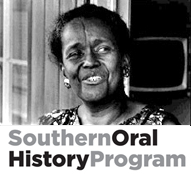 |
Interview: Southern Oral History Program Collection: Ella Baker Interviewed by Sue Thrasher and Casey Hayden. April 19, 1977. Listen at the Southern Oral History Program Collection. |
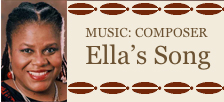 |
Ella’s Song by Bernice Johnson Reagon (Sweet Honey in the Rock) |
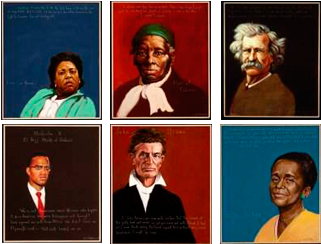 |
Unsung Heroes: Encouraging Students to Appreciate Those Who Fought for Social Justice Essay by Howard Zinn and lesson by Bill Bigelow. Students research and share stories about unsung heroes in U.S. history, including Ella Jo Baker. |
|
|
Women’s Work: An Untold Story of the Civil Rights Movement A lesson to introduce students to many unsung heroes of the Civil Rights Movement and related movements. Ella Baker is one of 36 women featured in the lesson. Read more at Women’s Work: An Untold Story of the Civil Rights Movement. |
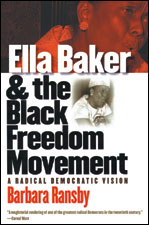 |
Ella Baker and the Black Freedom Movement A Radical Democratic Vision By Barbara Ransby (UNC Press, 2005). In this deeply researched biography, Barbara Ransby chronicles Baker’s long and rich political career as an organizer, an intellectual, and a teacher, from her early experiences in depression-era Harlem to the civil rights movement of the 1950s and 1960s. Ransby shows Baker to be a complex figure whose radical, democratic worldview, commitment to empowering the black poor, and emphasis on group-centered, grassroots leadership set her apart from most of her political contemporaries. Beyond documenting an extraordinary life, the book paints a vivid picture of the African American fight for justice and its intersections with other progressive struggles worldwide across the twentieth century. [Publisher’s description.] Introduction to the book. |
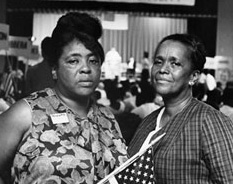 |
More books, lessons, and films regarding Mrs. Ella Baker |
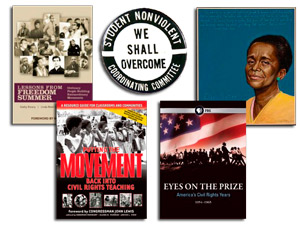 |
More books and other resources about SNCC |
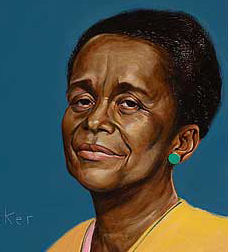 |
Poster image of Mrs. Ella Josephine Baker By Robert Shetterly, Americans Who Tell the Truth |
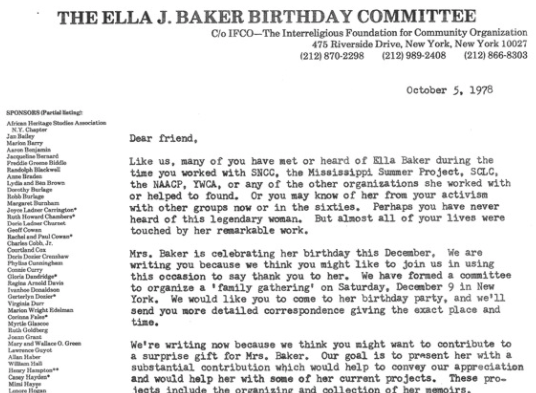 |
Primary Documents from Ella Baker’s Birthday Celebration in 1978 In 1978, friends of life-long civil rights activist Ella Baker (December 13, 1903 – December 13, 1986) convened a special event in New York to commemorate her birthday. Here is the letter of invitation, signed by Joyce Ladner and Jennifer Lawson from the Ella J. Baker Birthday Committee. The invitation is followed by a three page tribute by SNCC veteran Timothy L. Jenkins. |

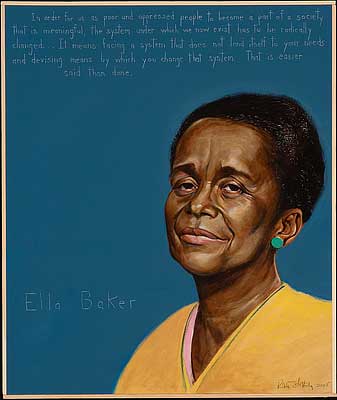
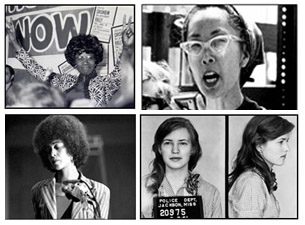
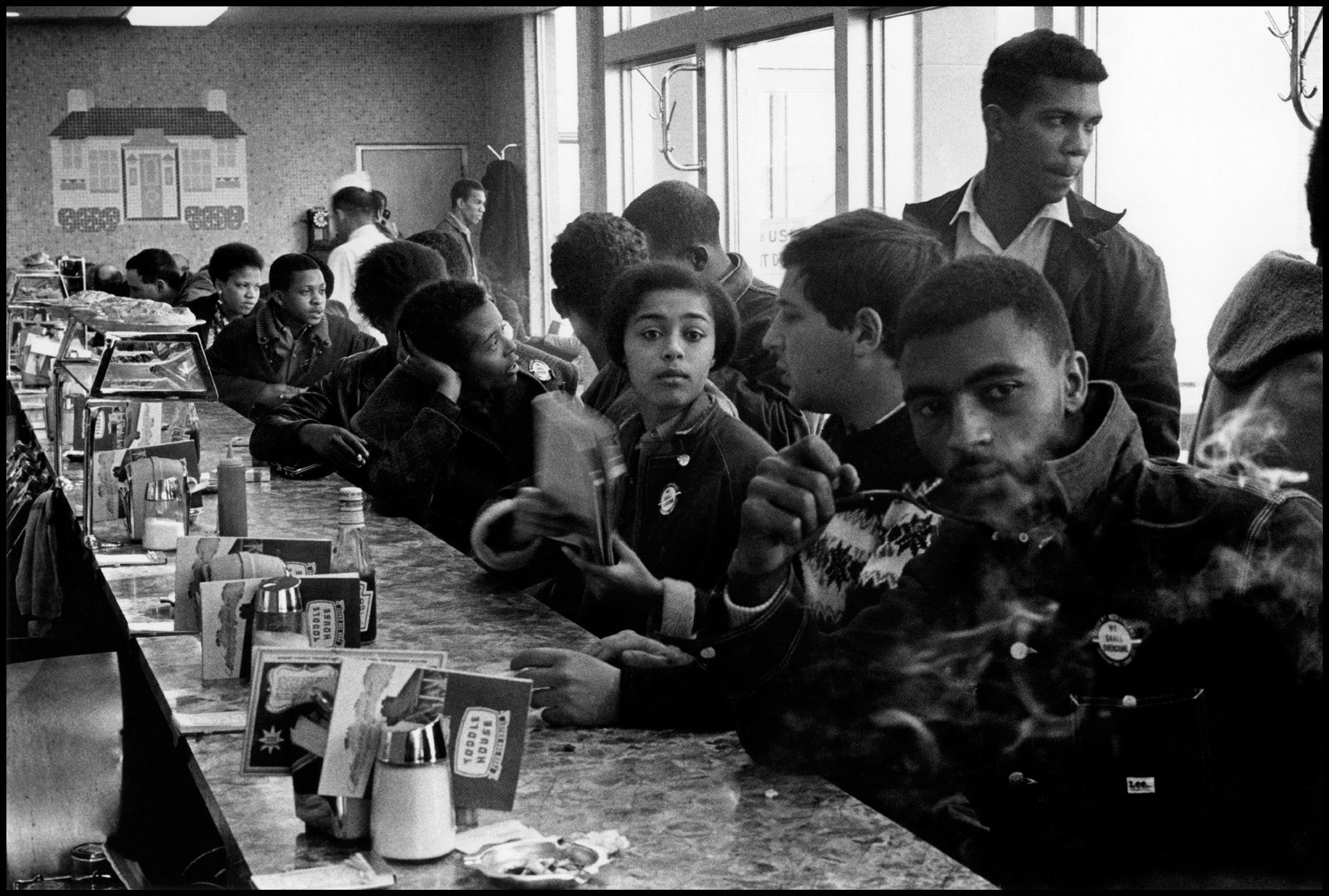
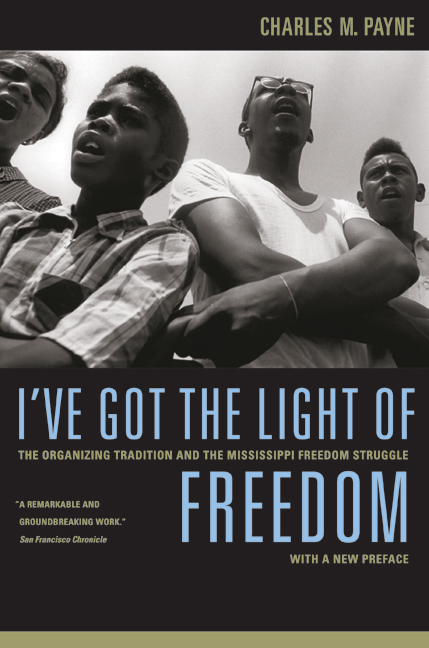


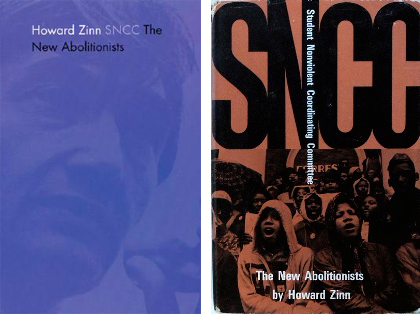






Twitter
Google plus
LinkedIn